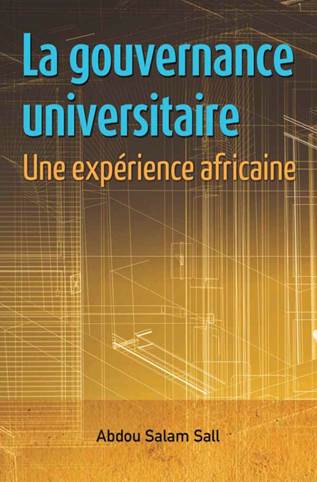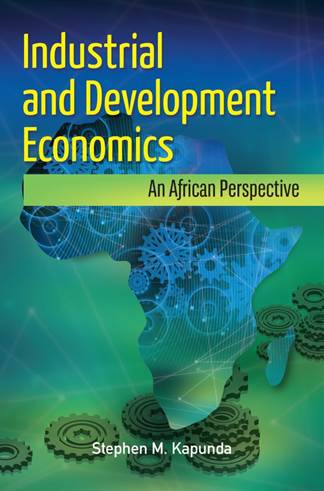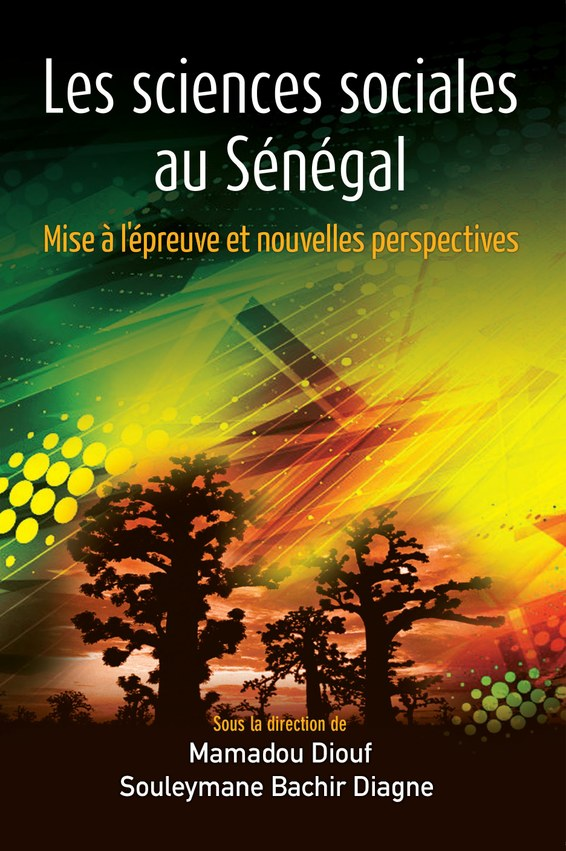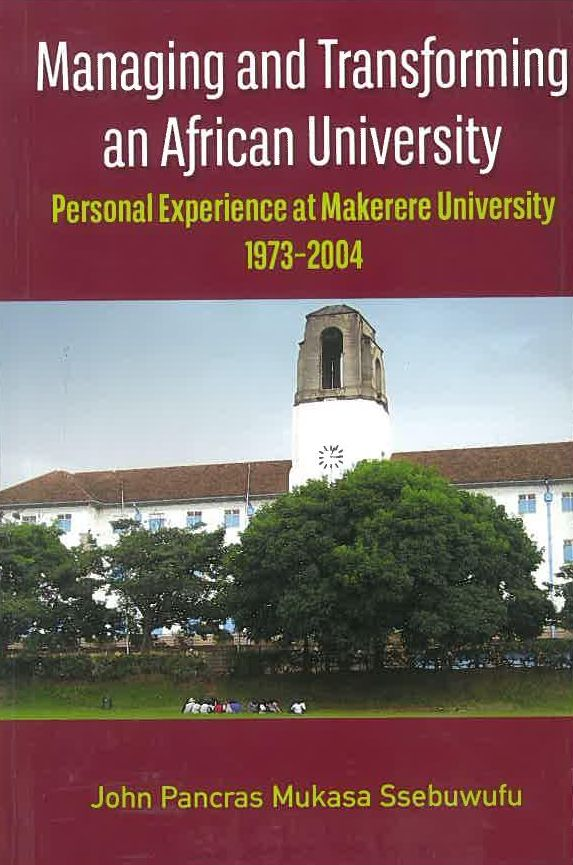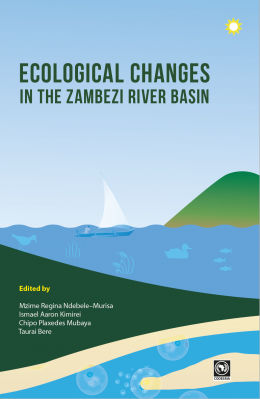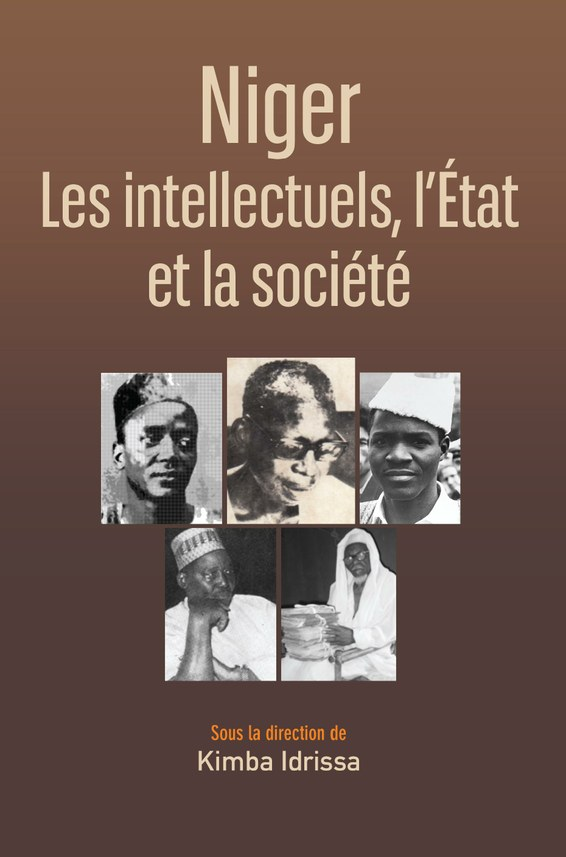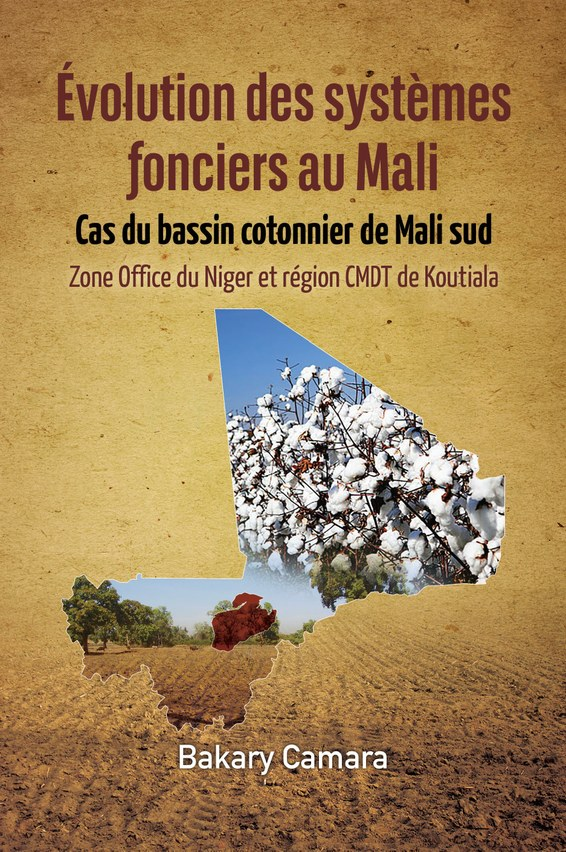The central idea of this book is that African children are future-makers. The book explores the connections between changing childhoods and versions of African futures to develop insights into how children are living embodiments of history and prospective agents of social change. Drawing on research in diverse cultural ecologies, the authors of ten chapters discuss findings linked to apprenticeship, learning, work, rights, schools, peace, education, aspirations, conflicts and refugee integration—and how these are encountered by children in everyday life. They describe studies in Benin, Burkina Faso, Côte d’Ivoire, Ethiopia, Kenya, South Africa and Zimbabwe. The book moves beyond hegemonic notions on African children, affording them the capacity to aspire, widening their creative imaginations in ways that deepen our knowledge of past and present childhoods. While tracing the problems of childhood in the exigencies of society, children are conceptualised neither as victims nor heroes. Instead, they are social participants whose experiences, values, desires, practices and hopes create a fertile analytical ground from which we may theorise the future and temporality more fully.
Tatek Abebe is Professor of Childhood Studies and Development Studies at Norwegian University of Sciences and Technology (NTNU), Trondheim, Norway. He founded and was the co-ordinator of the Nordic Network of African Children and Youth Research (2011–2016). In 2017, he was Director of CODESRIA’s Child and Youth Institute. He serves on the Editorial Board of several journals, including Childhood, Children’s Geographies and the Ethiopian Journal of Environment and Development.





